New documentary explores the rise of desi pubs
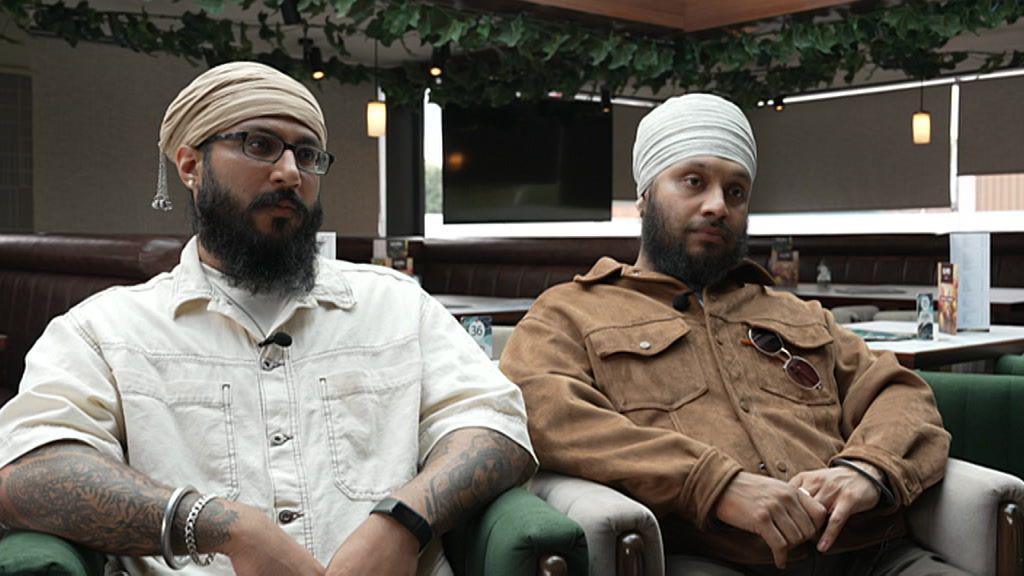
Updesh Singh (left) and Gurdev Singh's (right) documentary traces the rise of desi pubs
- Published
What began with resistance to racism culminated in a revolution with the opening of desi pubs.
The West Midlands is home to many of the establishments, which combine a public house with Indian food and Punjabi music, and symbolise integration despite origins in segregation.
When South Asian foundry and factory workers emigrated to England, they were refused entry to pubs, so they created their own.
And, as desi pubs grow in popularity across the region, a new documentary - The Rise of Mixy - explores the challenging beginnings of the pubs and celebrates the resistance of British Asians.
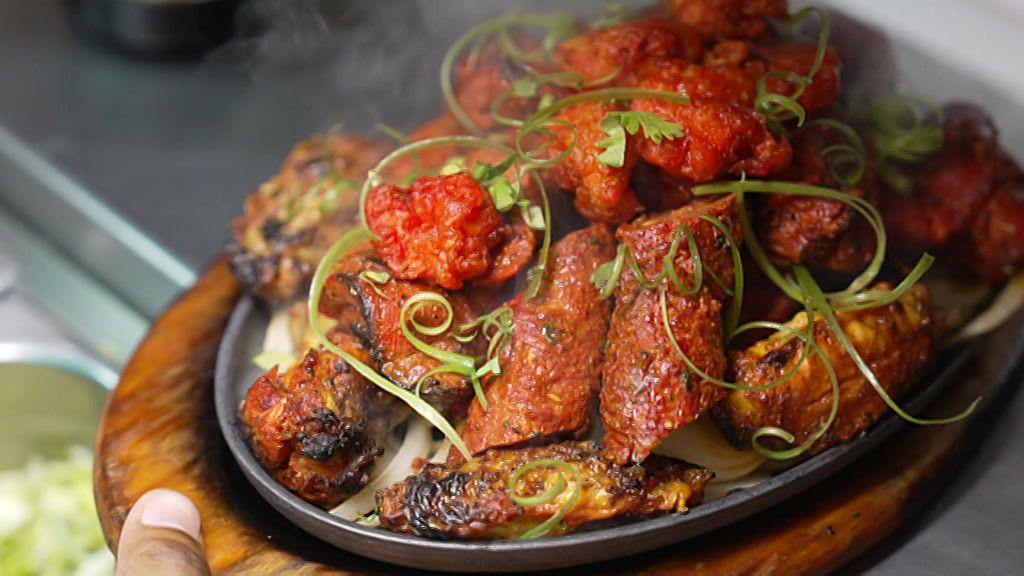
Desi pubs have grown increasingly popular due to the the variety of Indian food on the menu
Following the premiere at Birmingham Forward Film Festival in July, director Gurdev Singh, from Birmingham, said the documentary was a "journey of discovery".
"We frequent these places a lot and we wanted to share the culture of them with others," he said.
"We didn't know the origins of how they came about, so it was a journey of discovery for us too."
The documentary looks at how South Asian men in the 1960s and 70s faced racism, being refused entry to some pubs, which often led to violence.
The 80s also saw a rise in racial tensions across the Midlands.
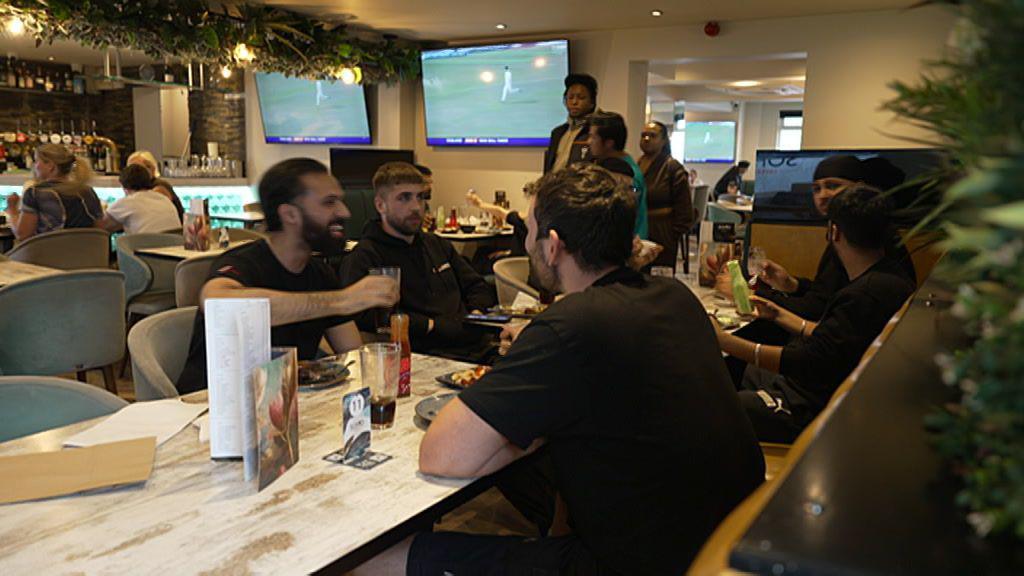
The establishments combine a public house with Indian food and music
Producer Updesh Singh, from Coventry, said it was "quite difficult to see."
"When we found out that people who looked like us weren't allowed in [to pubs], that was really hard to deal with," he said.
"I've never been turned away from somewhere because of the colour of my skin. It makes you think – what would that do to someone?"
Updesh also reflected on what his father or grandfather's generations would've had to endure.
"They were allowed to work here but were not paid the same, were not treated the same," he explained.
"They couldn't enter these establishments. And some of them even faced violence."
But Rise of the Mixy is not just a story about resistance and hardship, it's a tale of triumph.
"It's awe-inspiring," added Updesh.
'"They resisted, they organised, collectivised and pushed back. They didn't just accept it. They stood up to it, at great risk to themselves, and they created change."
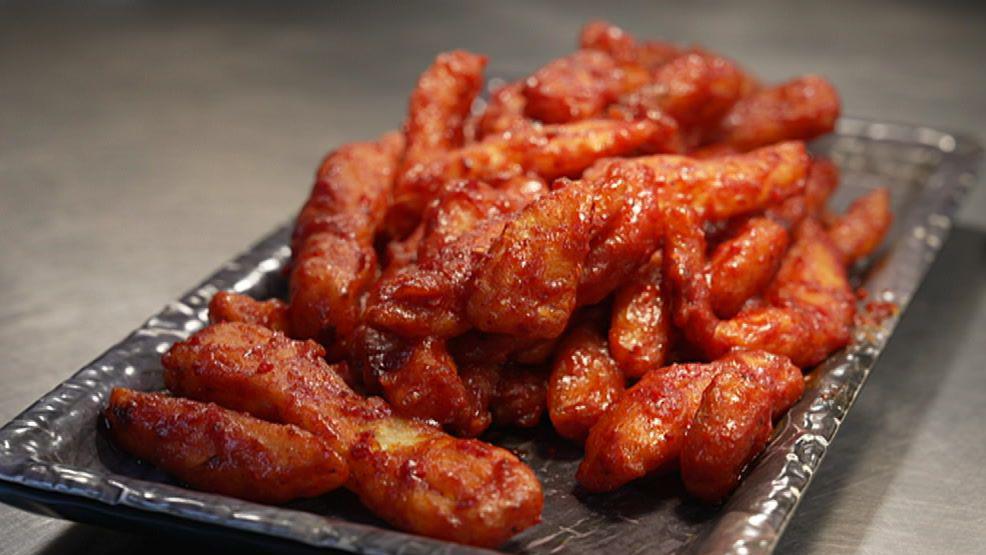
A number of desi pubs have opened across the West Midlands in recent years
Updesh said research found that immigrant men in the 70s and 80s lived in England with their wives and children back home in India and Pakistan.
"They would share a house and there would be so many people there, there wouldn't actually be a living space," he said.
"So, the desi pub became an extension of their living room."
And now, these spaces are being adopted by people from all walks of life.
"In recent years, they've become a lot more popular because the stigma of pubs just being for men has died down," said Gurveer Lally, manager of Soho Tavern in Hockley.
"We've evolved into families coming here and different age ranges, compared to before when they [pubs] were seen as somewhere that men go after work."
Gurdev feels desi pubs have also helped him reconnect with his Punjabi roots and have "massively shaped" his upbringing.
"My connection to my Punjabi heritage was very minimal outside the home up to a certain age. But when I started coming to these places, that kind of connection and appreciation of where I've come from just grew stronger and stronger," he said.
"From the authentic food, to the people you come across and the music you hear in these places, it's an all round connection to my roots."
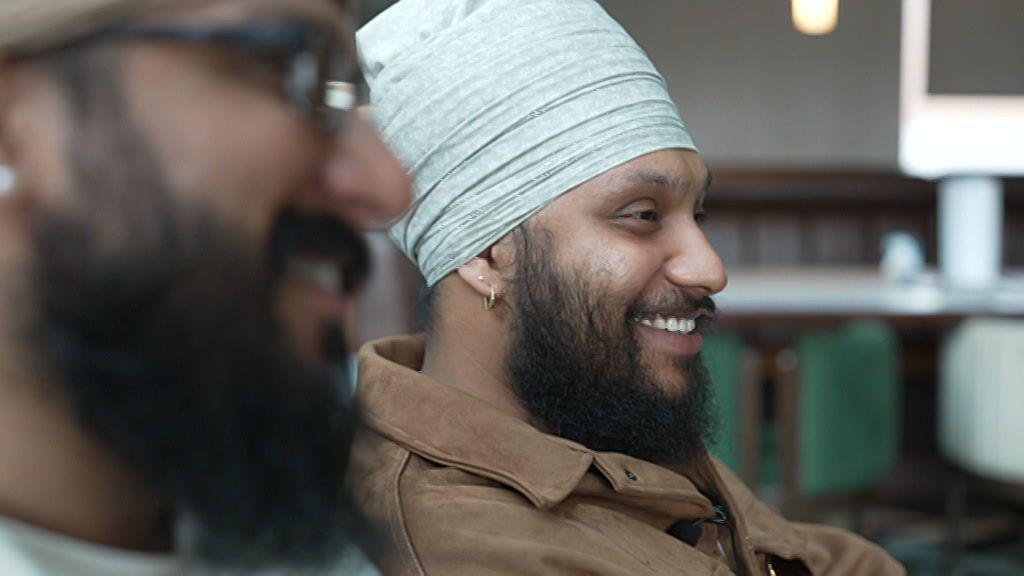
Gurdev, right, said the documentary was a "journey of discovery"
Gurveer said the Midlands became home to these establishments, adding how it was harder for ancestors to integrate into the British lifestyle without being subjected to racial discrimination and abuse.
"I think a lot of the [South] Asians who were factory workers would set themselves up in one pub, and that would become a desi pub," he explained.
"In the Black Country region, we've got lots of desi pubs, it stems from our ancestors working hard in the nearby factories and foundries. And now its evolved to a stage where people aren't just coming after work, they're coming any time of day with friends and family.
'Chance to go global'
More and more desi pubs are popping up across the Midlands and north of England, yet London appears to be lacking in comparison.
"I think in the Midlands there's a strong sense of community, especially among Asians and Punjabis." added Gurdev.
"These spaces [desi pubs] are a testament to that," he added.
"They've got the chance to go global and open everywhere in the world, to be a globally recognised cuisine."
Get in touch
Tell us which stories we should cover in Birmingham and the Black Country
Follow BBC Birmingham on BBC Sounds, Facebook, external, X, external and Instagram, external.
Related topics
- Published14 May 2023
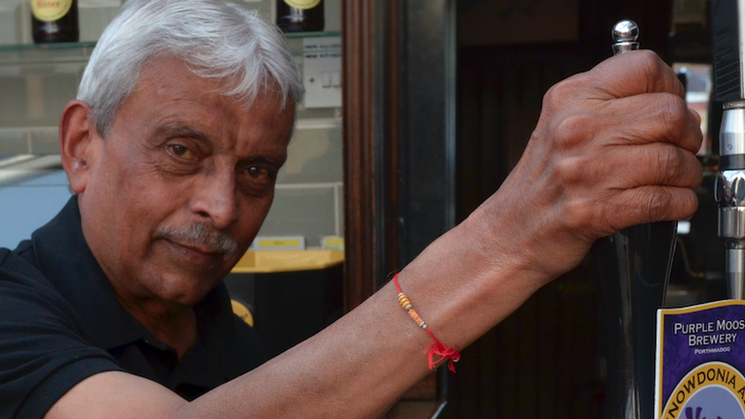
- Published18 July
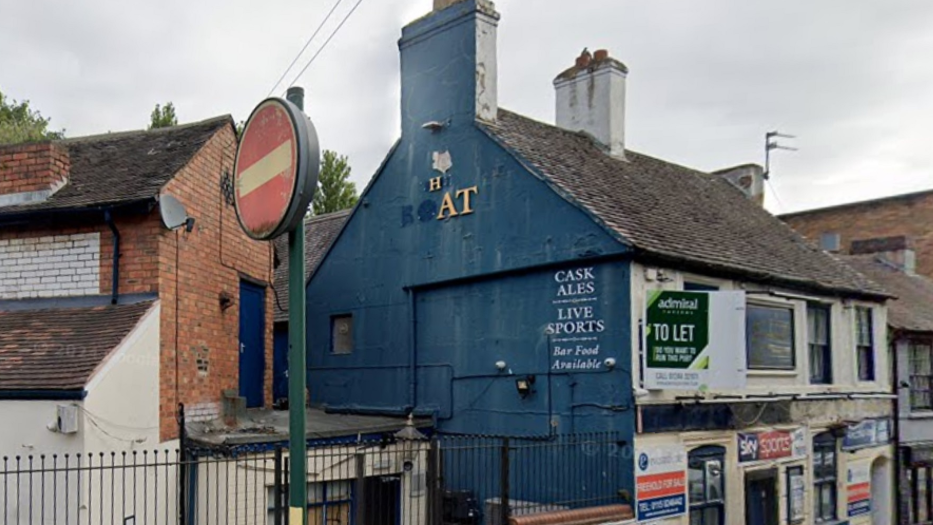
- Published3 December 2024
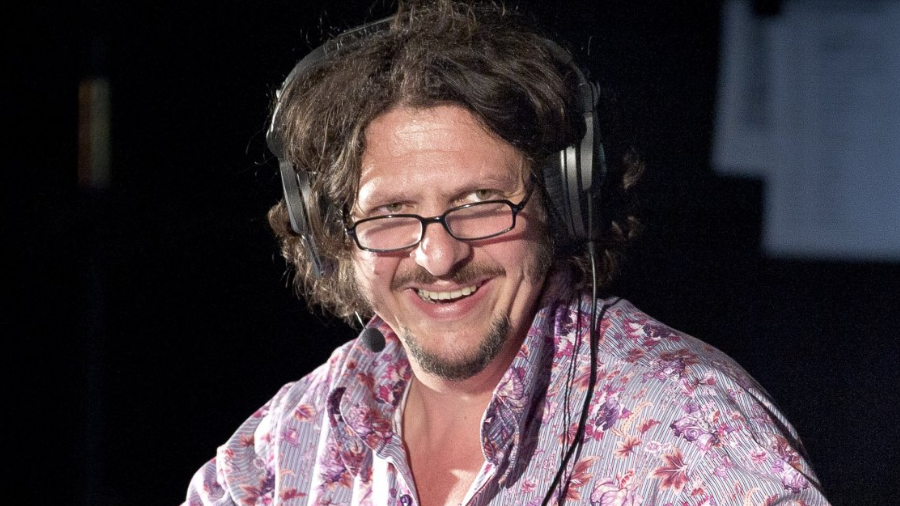
- Published1 October 2016